Tired of checking goods
At the seminar "Removing obstacles for transit goods" on July 18, Mr. Nguyen Van Quyen, Chairman of the Vietnam Automobile Transport Association, shared that transport businesses are "stuck in procedures for controlling transit goods".
Mr. Nguyen Van Quyen explained: At the entry gate, the goods were physically inspected by customs immediately after the transit enterprises received the goods from the foreign owner's means of transport at the customs supervision area. However, when the goods were transported to the exit gate, they were opened for inspection. The inspection time was very long, sometimes 2-3 days.
“Re-loading the goods into the container also causes the situation of not loading all the goods, the original loader is more professional. Therefore, the business has to send more vehicles to transport this excess amount of goods, causing a high risk of damage to the goods,” said Mr. Quyen, adding that the above problem needs to be resolved to create favorable conditions for transporters and reduce logistics costs.

Mr. Tran Duc Nghia, Chairman of the Hanoi Logistics Association, said: Foreign cargo owners do not understand why their goods only pass through Vietnamese territory in 3-4 hours, or 20-36 hours, but must fully comply with regulations related to non-tariff barriers applied to imported goods.
"I sympathize with our partners abroad. This is something that takes time to change, but it must be changed."
"We are concerned about the situation like in 2019-2020, when hundreds of containers were stuck at times. That is a tragedy for Vietnam's position in the international freight route," Mr. Nghia lamented.
One of the mistakes that transport businesses are often fined for is false declaration of goods. Many businesses think that “if they declare wrongly, they will be fined”, but “who will be fined”? Businesses do not agree with the customs fines on Vietnamese transport businesses.
“We propose that the General Department of Customs establish a project to re-evaluate customs supervision of transit goods, aiming for a strict, scientific management method based on technology, helping the customs supervision process to be maximally effective, while still ensuring the competitiveness of logistics enterprises and Vietnam's position as an international transit point for goods,” Mr. Tran Duc Nghia suggested.
Regarding this issue, from a legal perspective, lawyer Nguyen Manh Cuong noted: If there is a penalty, it must be the foreign owner of the goods when the goods are declared incorrectly, not the Vietnamese enterprise.
"I propose to issue a mechanism to inspect goods at the import gate before the foreign owner's container is transferred to the vehicle of a Vietnamese transport enterprise. Do not consider conducting physical inspection at the export gate. The physical inspection of goods must be done with modern equipment, not manual inspection," said Mr. Cuong.
Mr. Nguyen Duc Huy, Chairman of the Vietnam - ASEAN Transit Business Association in Lang Son province, confided: "I am very tired, all day listening to complaints and reports from members because of the continuous inspection of transit goods."

Customs says the number of checks is very small
Responding to businesses, Mr. Do Huu Tho, Department of Customs Supervision and Management (General Department of Customs) said: Yesterday, this agency collected information from local customs to grasp the situation.
Specifically, at Chalo border gate, since the beginning of the year, there have been 12,736 declarations, customs inspected 16 declarations and discovered 14 violations. In Binh Phuoc, there were 3,829 declarations, more than 5,400 containers, inspected 17 declarations and discovered 4 violations.
Lang Son has 2,996 containers, customs inspected 8 containers and discovered 6 violations.
Long An has 5,992 declarations, customs checked 23 declarations, discovered violations in 11 declarations.
"That means the inspection rate by customs authorities is very small, less than 1% of the total number of transit shipments, but the rate of detecting violations is that high," commented a representative of the Customs Supervision and Management Department.
Mr. Tho said: Customs determined not to check goods indiscriminately, unless there are signs of violations.
Regarding the businesses saying that the transport business should not be punished but the cargo owner should be punished, the representative of the Customs Supervision and Management Department said: Vietnamese businesses transport transit goods, based on the authorization of the cargo owner. When declaring customs, businesses declare with a list, get the information of the cargo owner to declare.
According to Mr. Tho, this is also a difficulty for businesses, but when authorized, they must declare correctly. There is no way he will not be responsible for bringing prohibited goods into Vietnam, violating Vietnamese law.
Sharing about this issue, Mr. Nguyen Minh Duc, Legal Department, Vietnam Chamber of Commerce and Industry (VCCI), said: The general principle in the world is to make a decision to punish the owner of the goods abroad, and send the decision to them. The owner pays the fine, but if he does not pay, he will be blacklisted. All subsequent activities will be blocked. They punish according to the principle that whoever does wrong must take responsibility.
“Agencies in Vietnam often say that they cannot punish foreign enterprises, so they do not issue a decision to punish. This way of thinking is very wrong. If no decision is made to punish, foreign cargo owners have no reason to admit that they have violated the law. Customs should refer to foreign methods of punishment; if they are still punished like this, Vietnamese transport enterprises are also very upset,” Mr. Duc commented.
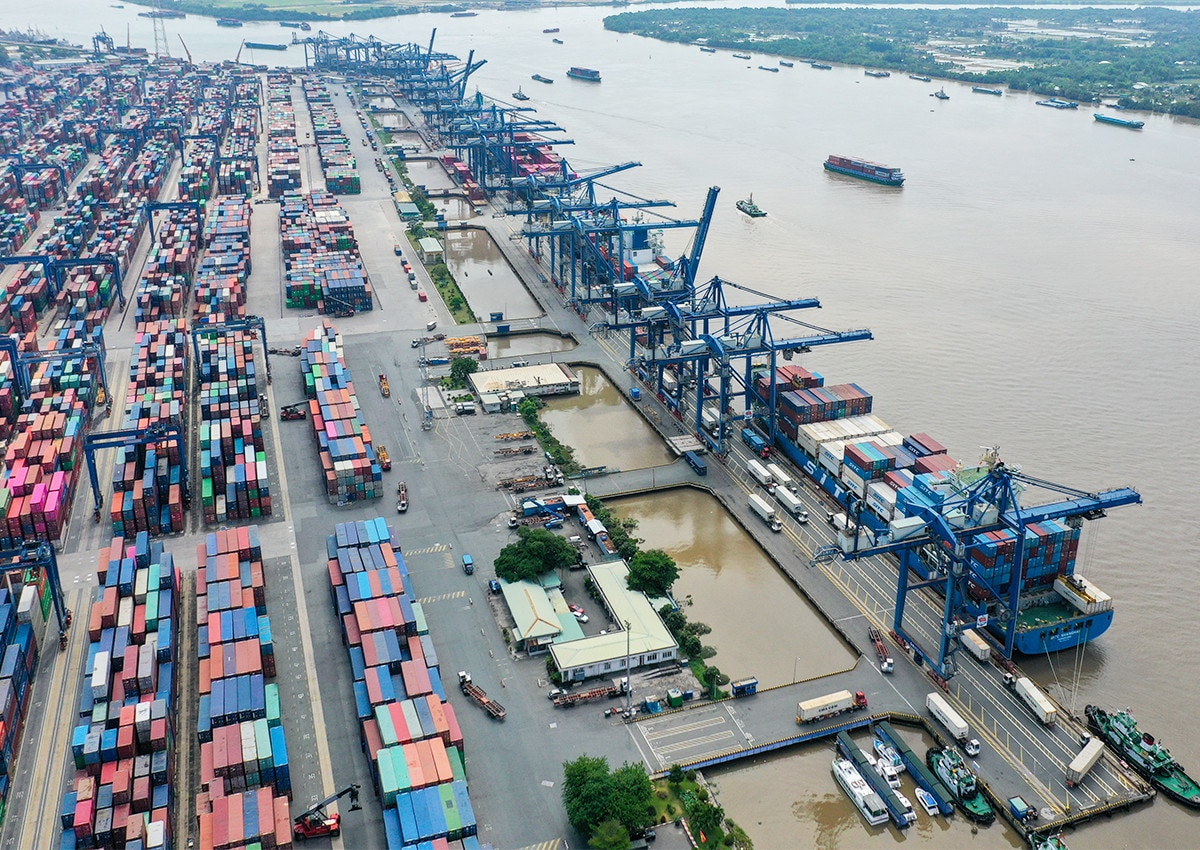
Source




![[Photo] Unique folk games at Chuong Village Festival](https://vstatic.vietnam.vn/vietnam/resource/IMAGE/2025/4/10/cff805a06fdd443b9474c017f98075a4)

![[Photo] Opening of the 11th Conference of the 13th Party Central Committee](https://vstatic.vietnam.vn/vietnam/resource/IMAGE/2025/4/10/f9e717b67de343d7b687cb419c0829a2)
![[Photo] April Festival in Can Tho City](https://vstatic.vietnam.vn/vietnam/resource/IMAGE/2025/4/10/bf5ae82870e648fabfbcc93a25b481ea)
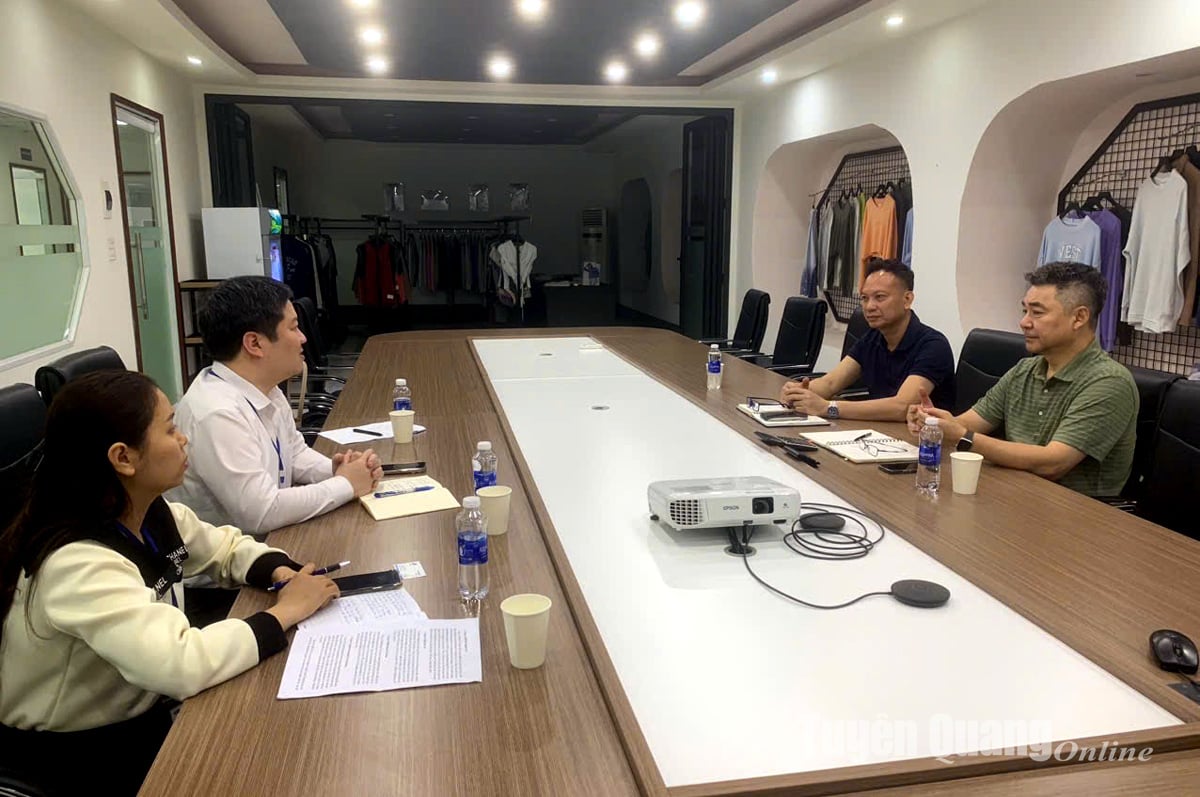

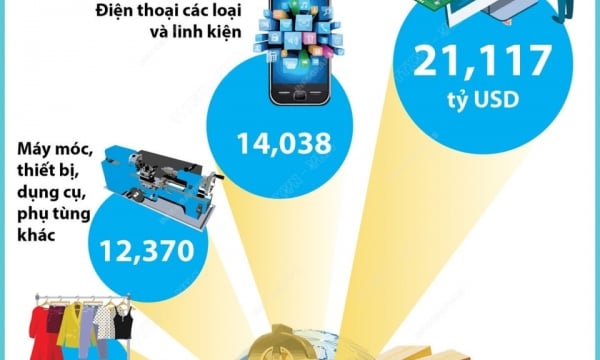

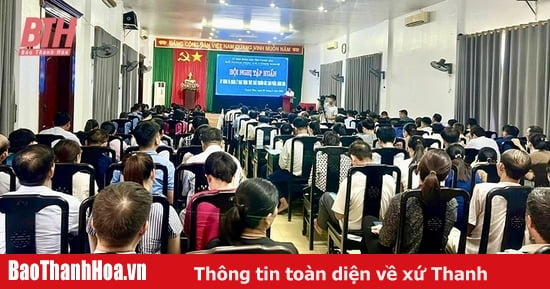
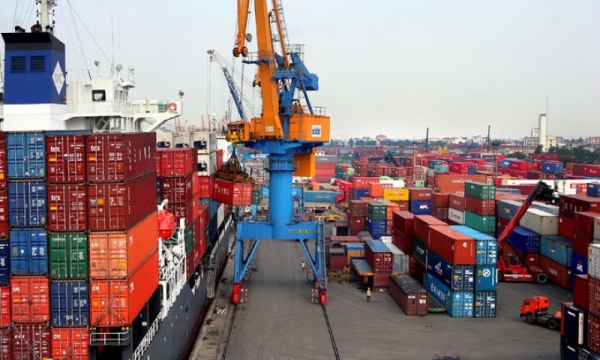
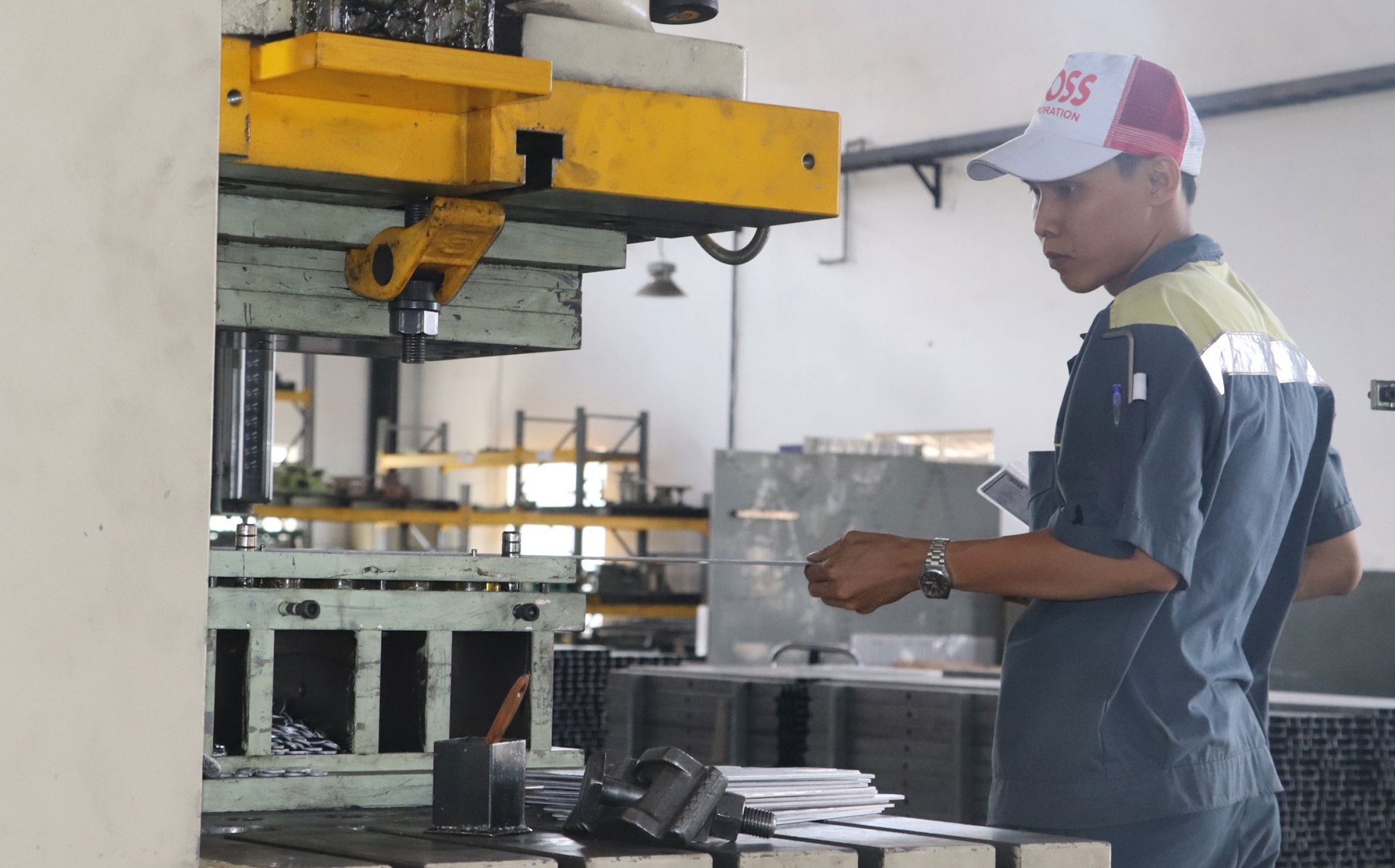



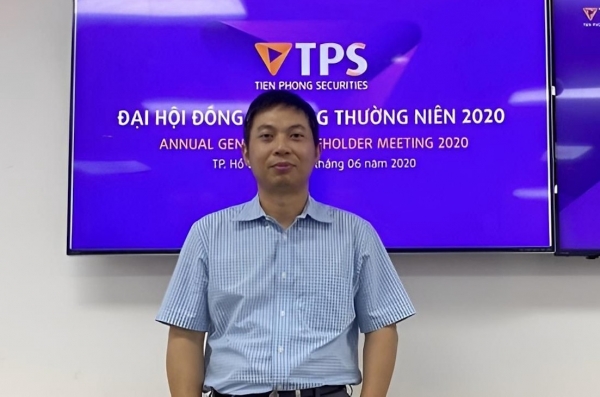

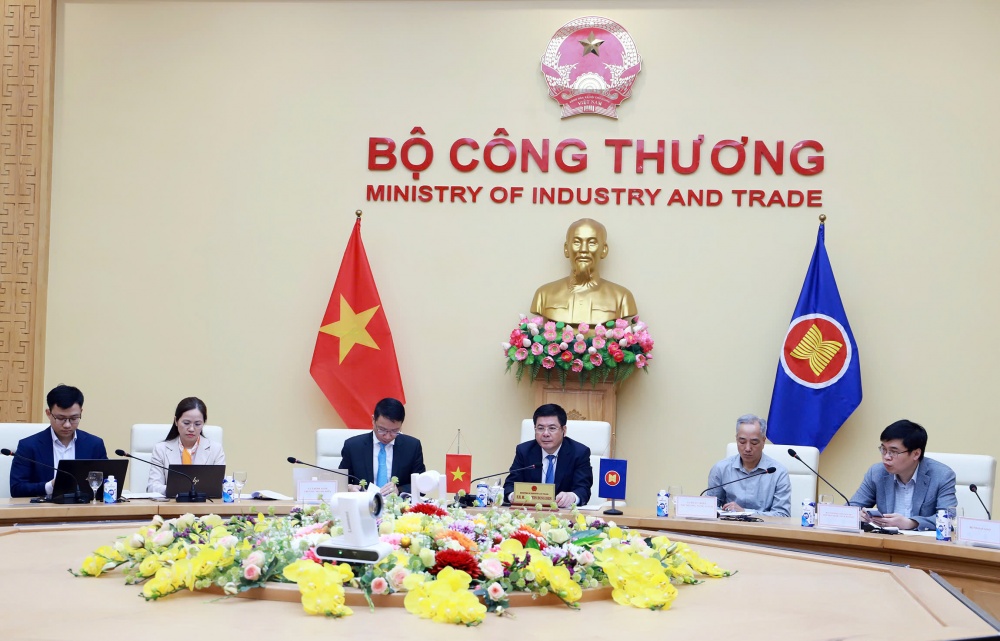
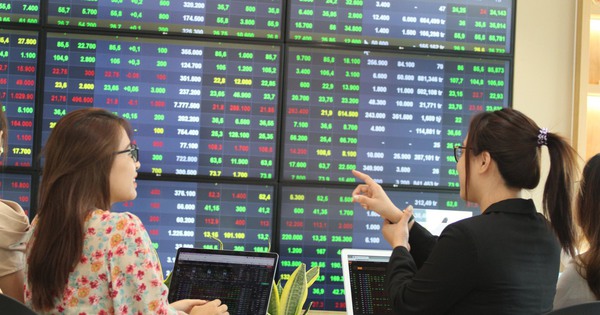
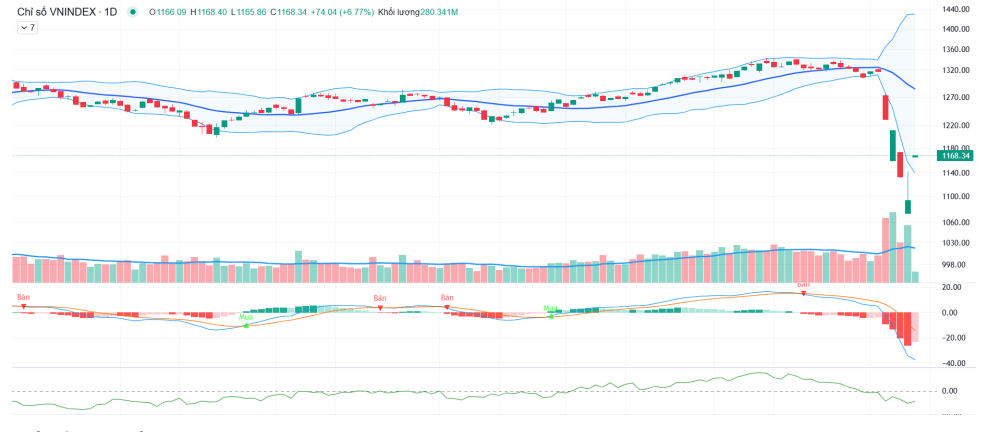
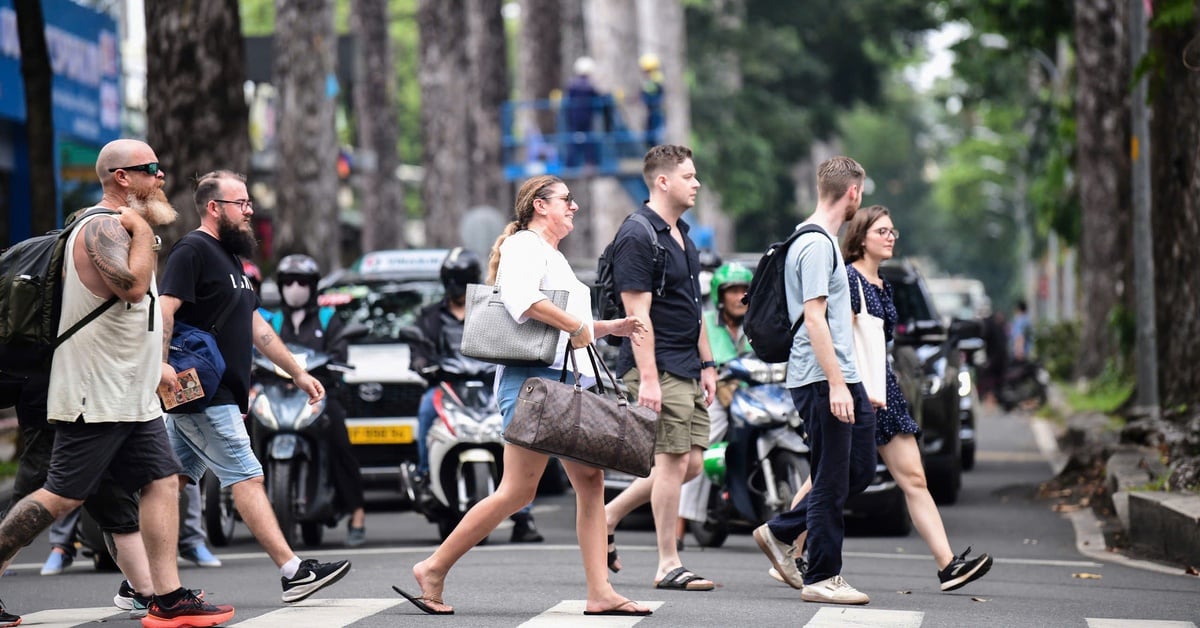




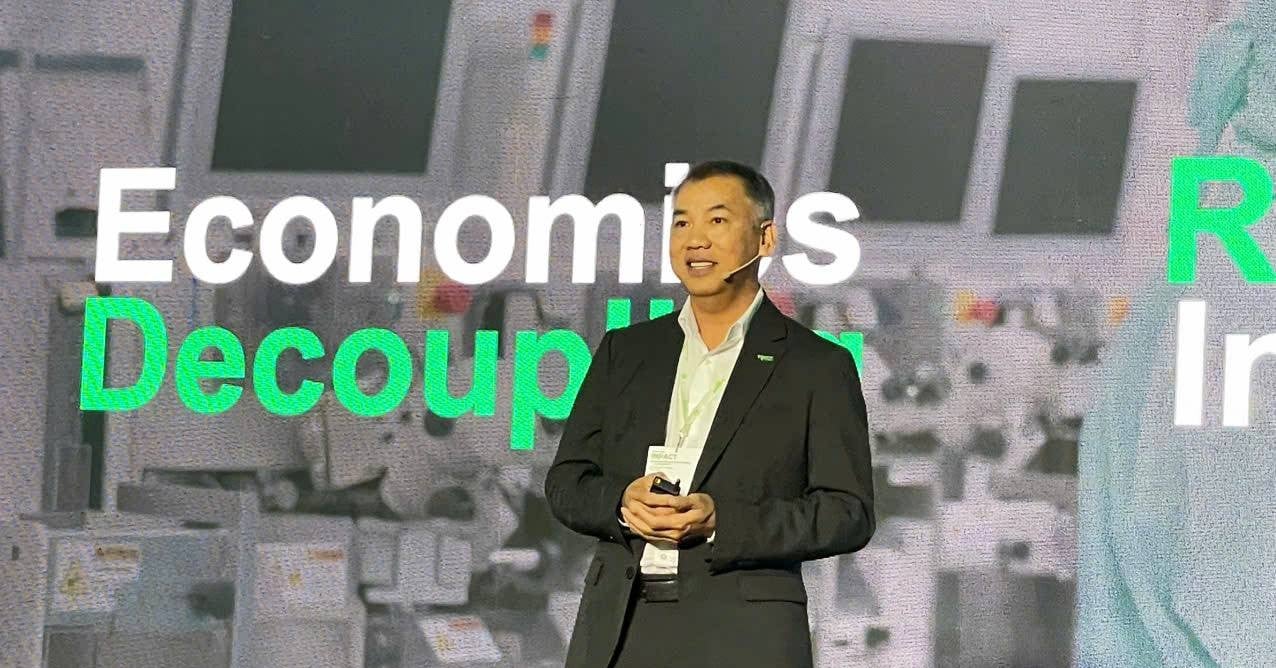
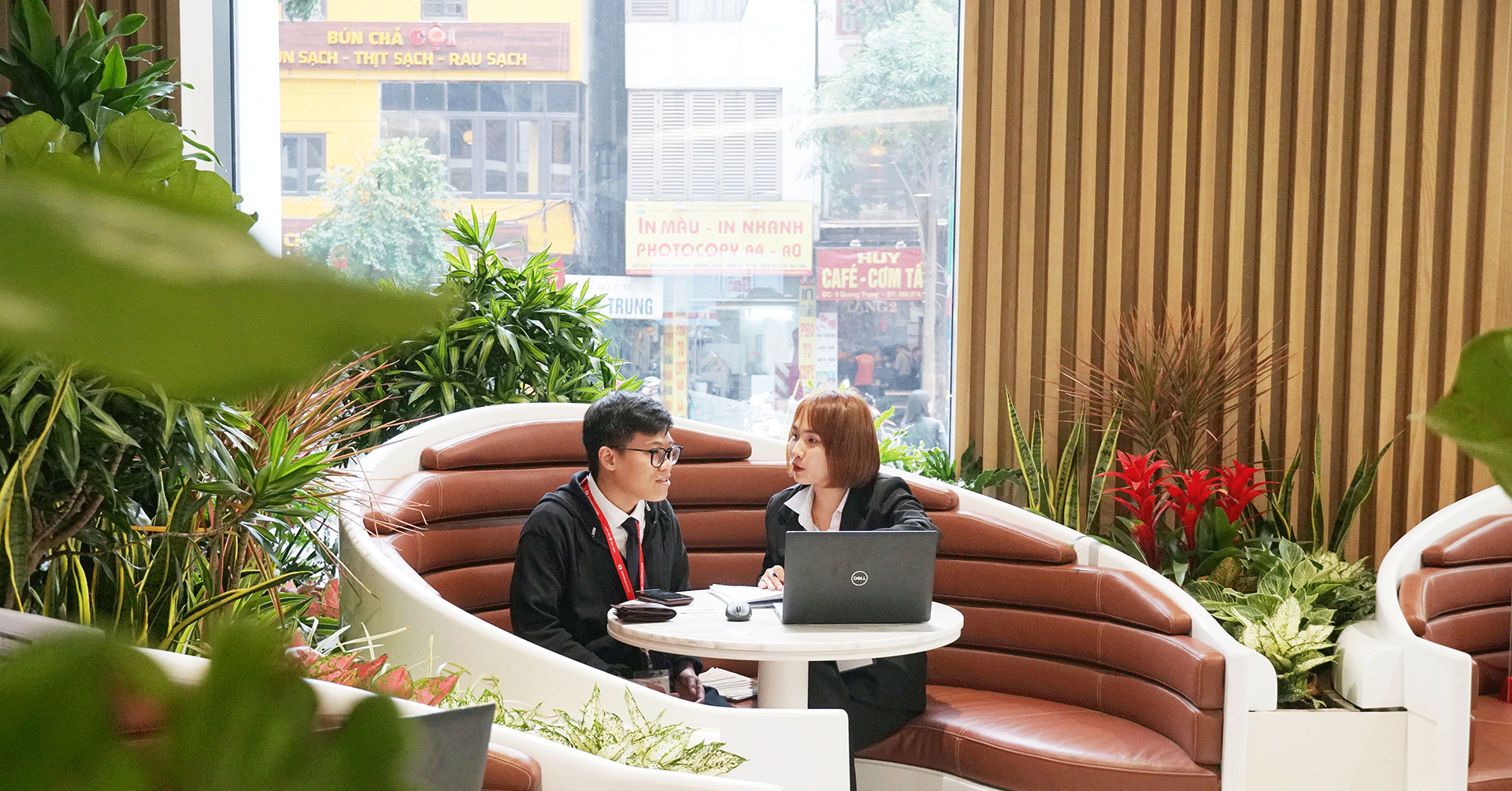
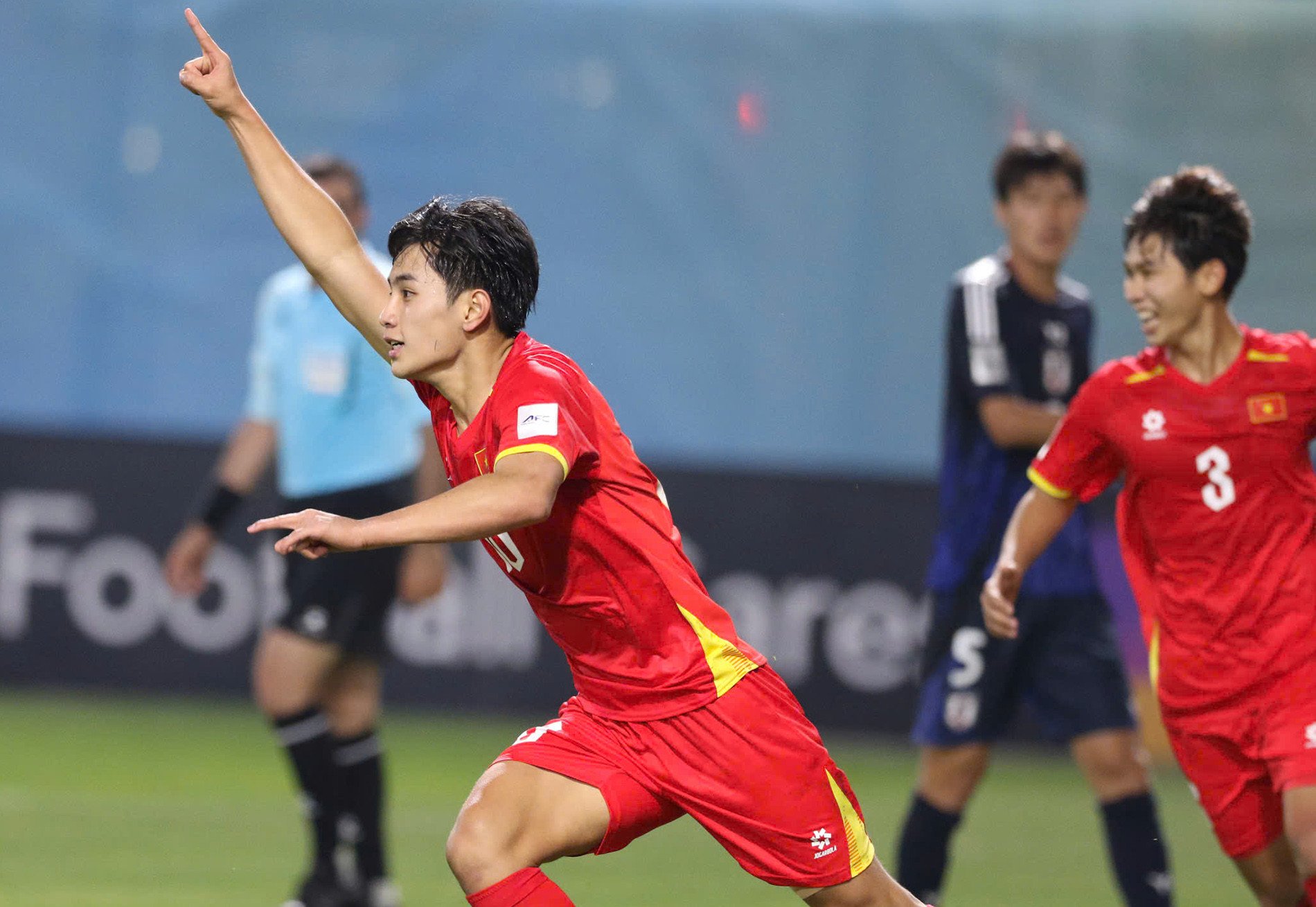


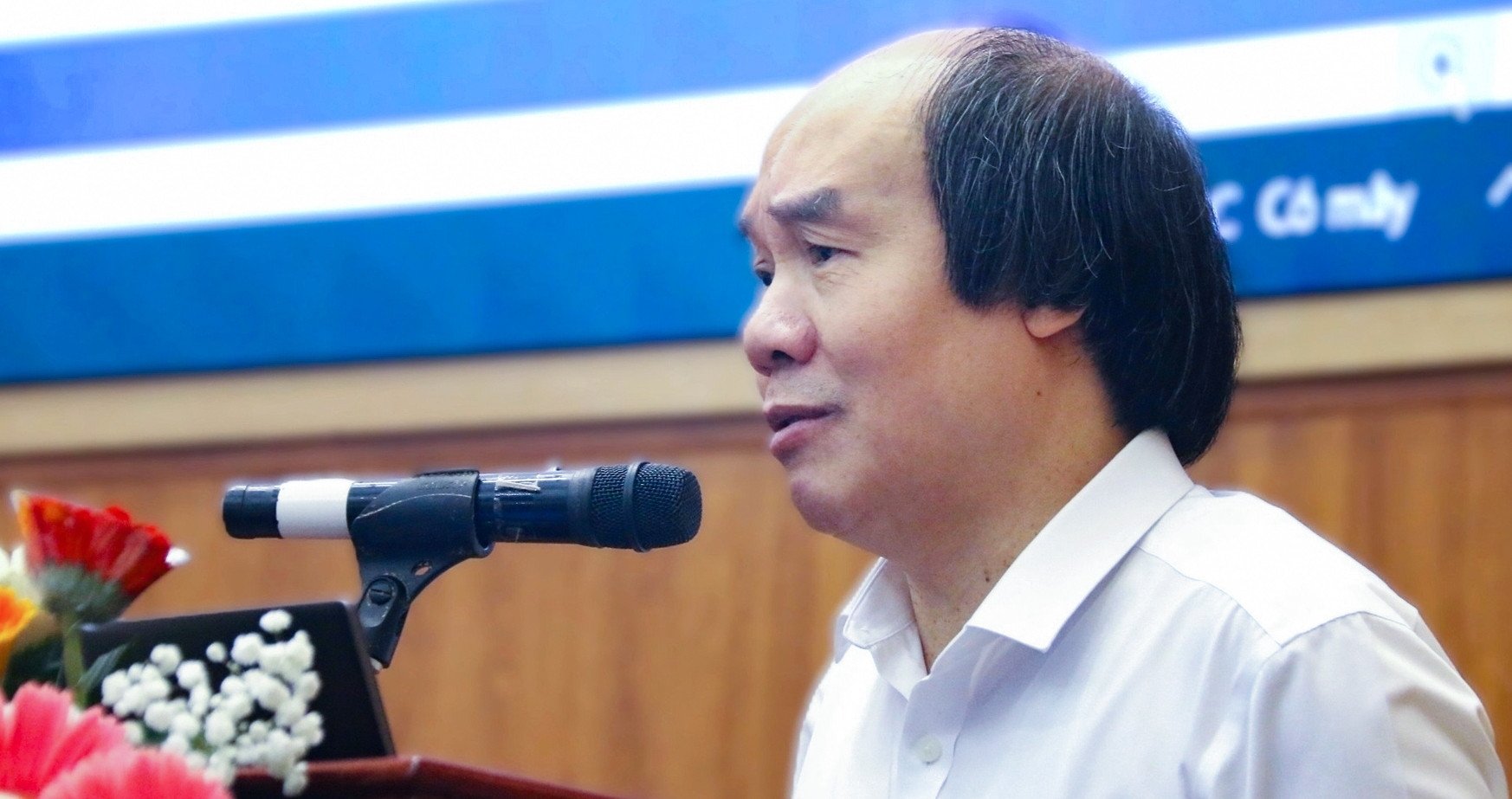









































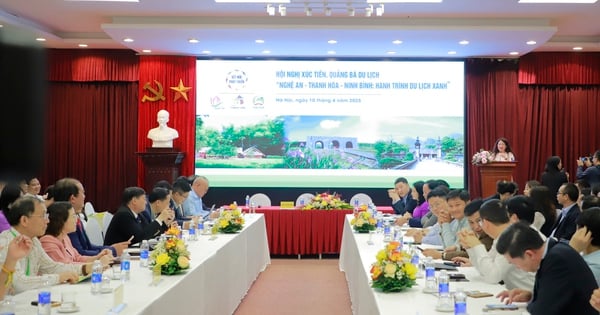

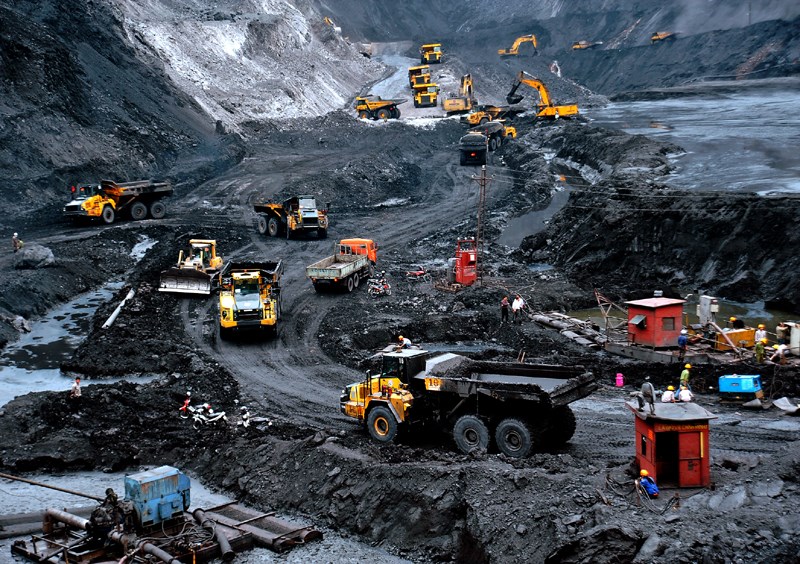

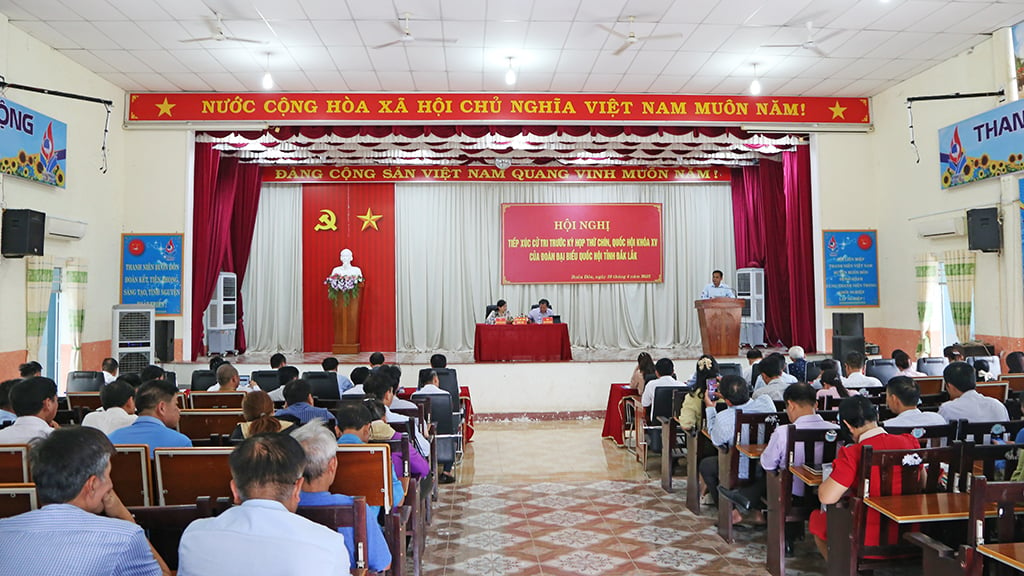
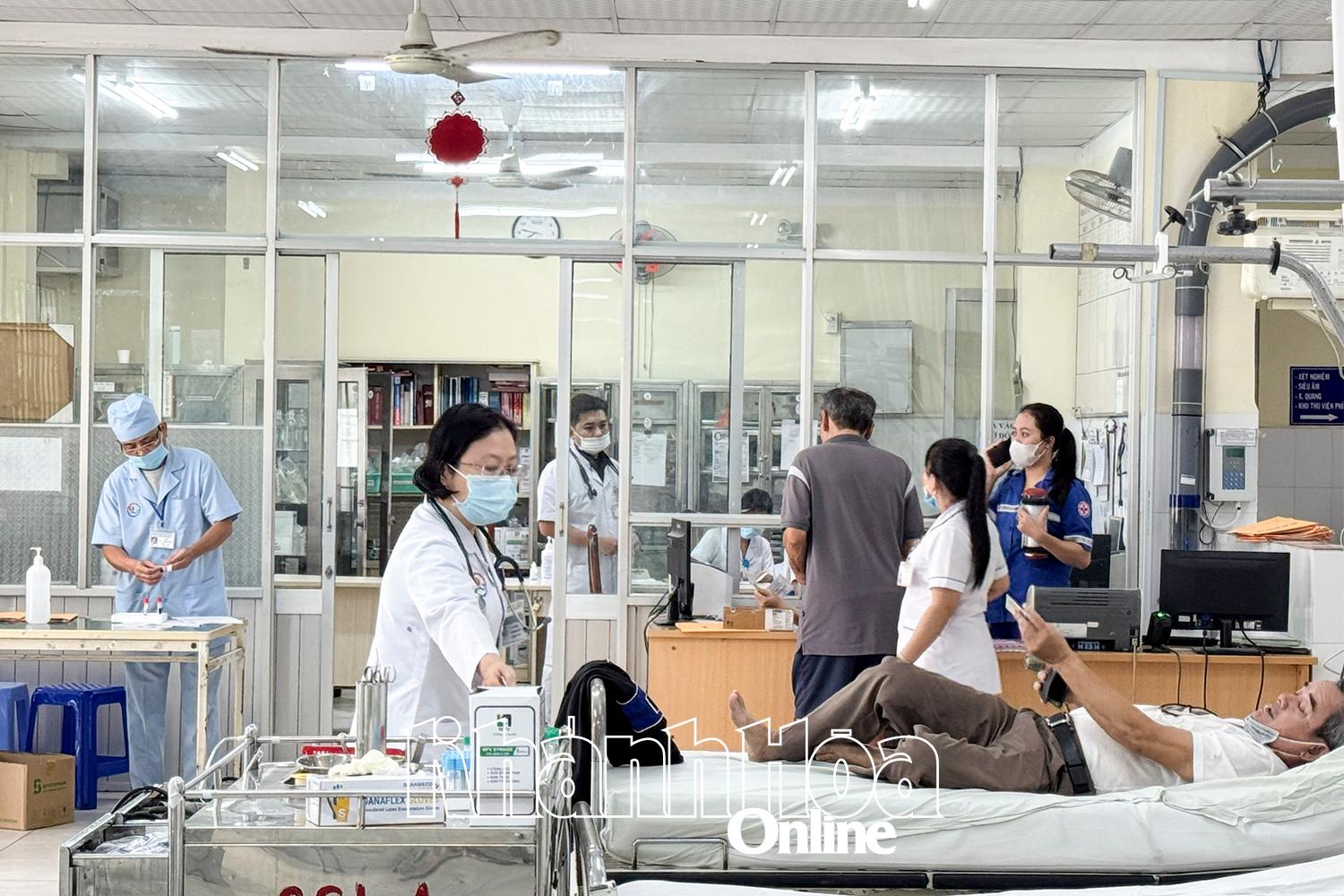



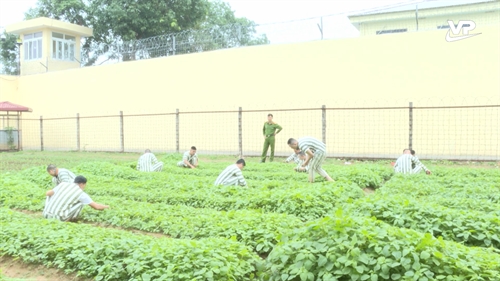
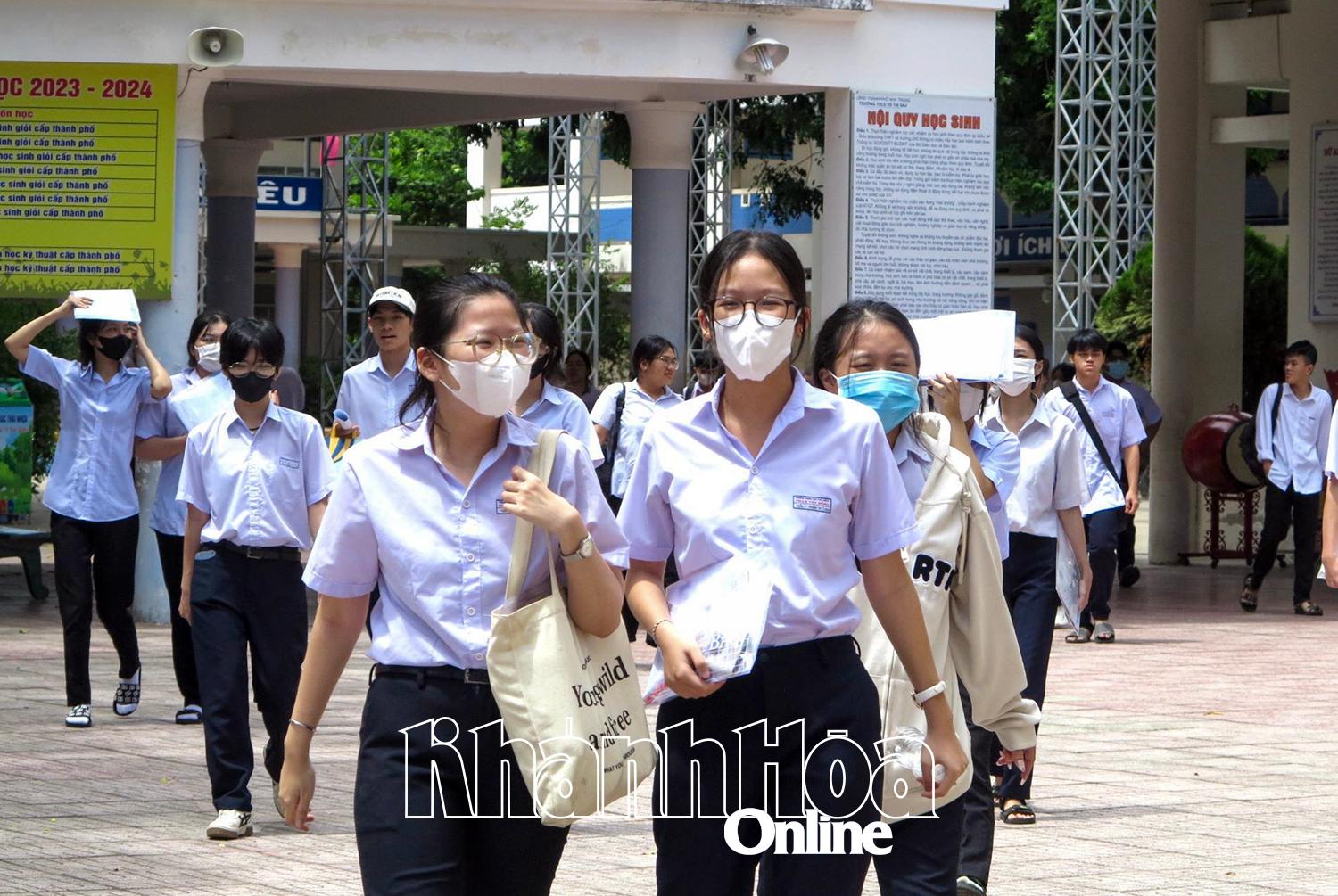









Comment (0)